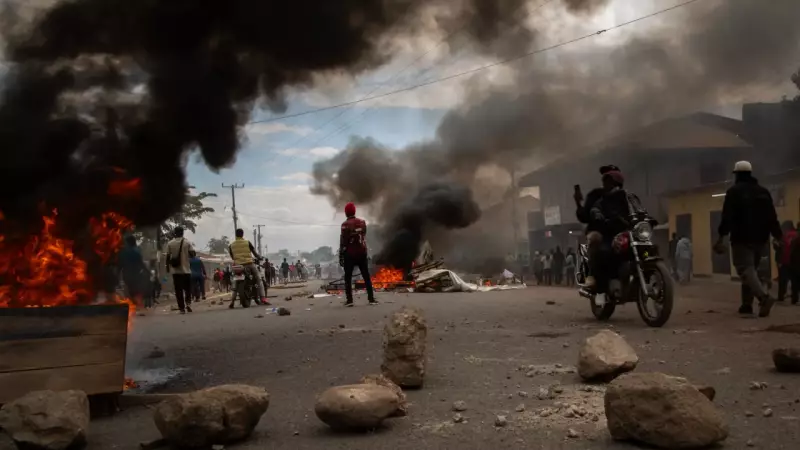
In a devastating turn of events, Tanzania's recent electoral process descended into unprecedented violence, resulting in approximately 700 fatalities according to emerging reports. The bloodshed has cast a dark shadow over the nation's democratic process, raising serious concerns about political stability in the East African country.
Military Crackdown and Communication Blackout
The situation escalated rapidly as security forces implemented extreme measures to control the escalating protests. The Tanzanian army enforced a strict curfew across affected regions while simultaneously imposing a comprehensive communication blackout, effectively cutting off affected areas from the outside world.
This dual approach of military intervention and information suppression has drawn international criticism, with human rights organizations expressing alarm at the disproportionate use of force against civilian protesters.
What Triggered the Deadly Protests?
While official accounts remain scarce due to the ongoing information blockade, multiple sources indicate that the violence erupted following allegations of electoral malpractice and voter suppression. Opposition parties had reportedly raised concerns about voting irregularities long before the polls opened, but their warnings went unheeded.
The protests began as peaceful demonstrations but quickly turned violent when security forces intervened with live ammunition and tear gas, according to eyewitness accounts that have managed to filter through the communication blackout.
International Response and Condemnation
The international community has begun responding to the crisis, with several nations and international bodies calling for restraint and independent investigation into the violence. The United Nations has expressed "deep concern" about the situation, while regional African organizations are facing pressure to intervene.
Human Rights Watch and Amnesty International have both issued statements condemning the excessive use of force and calling for immediate restoration of communication services to allow proper documentation of events.
The Human Cost of Political Strife
Behind the staggering death toll of 700 lies countless personal tragedies - families torn apart, communities living in fear, and a nation grappling with the aftermath of political violence. The true number of injured and displaced persons remains unknown due to the ongoing restrictions on information flow.
Medical facilities in affected areas are reportedly overwhelmed, with doctors speaking anonymously about treating hundreds of patients with gunshot wounds and other protest-related injuries.
Historical Context and Regional Implications
This outbreak of violence represents one of the deadliest electoral conflicts in recent African history. Tanzania, traditionally seen as a relatively stable democracy in the region, now faces questions about its political future and the strength of its democratic institutions.
The situation has broader implications for East Africa, where several nations are preparing for their own electoral cycles in the coming years. How Tanzania handles this crisis could set important precedents for the region's democratic development.
As the world watches, the fundamental question remains: How did Tanzania's electoral process devolve into such bloodshed, and what steps will be taken to ensure justice for the victims and prevent future recurrences?





